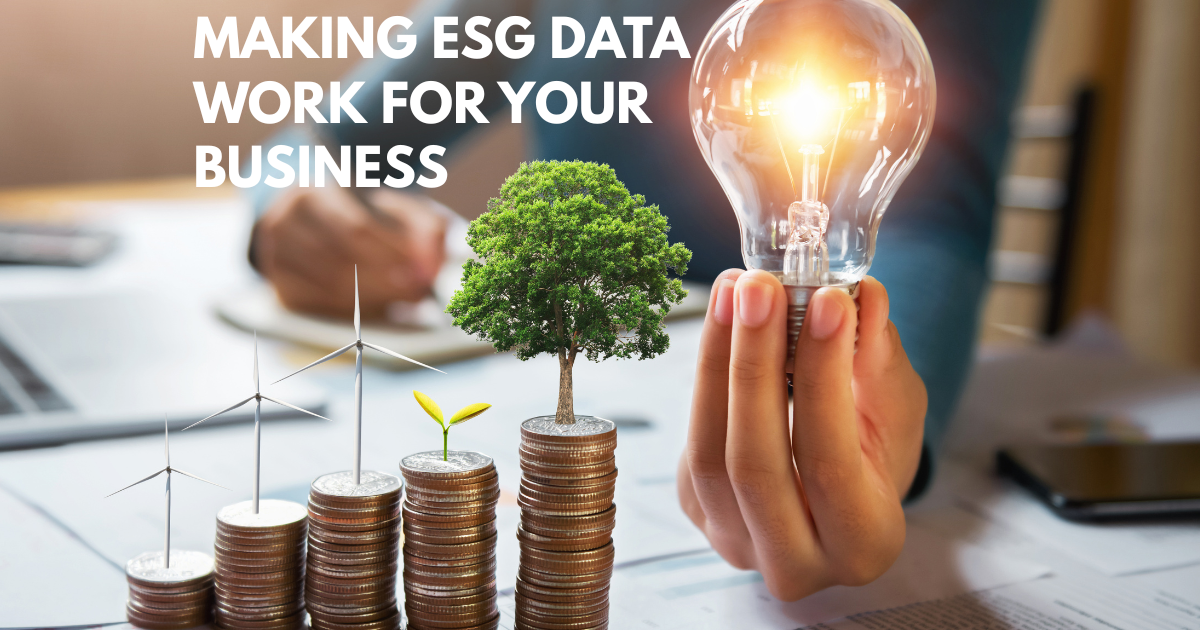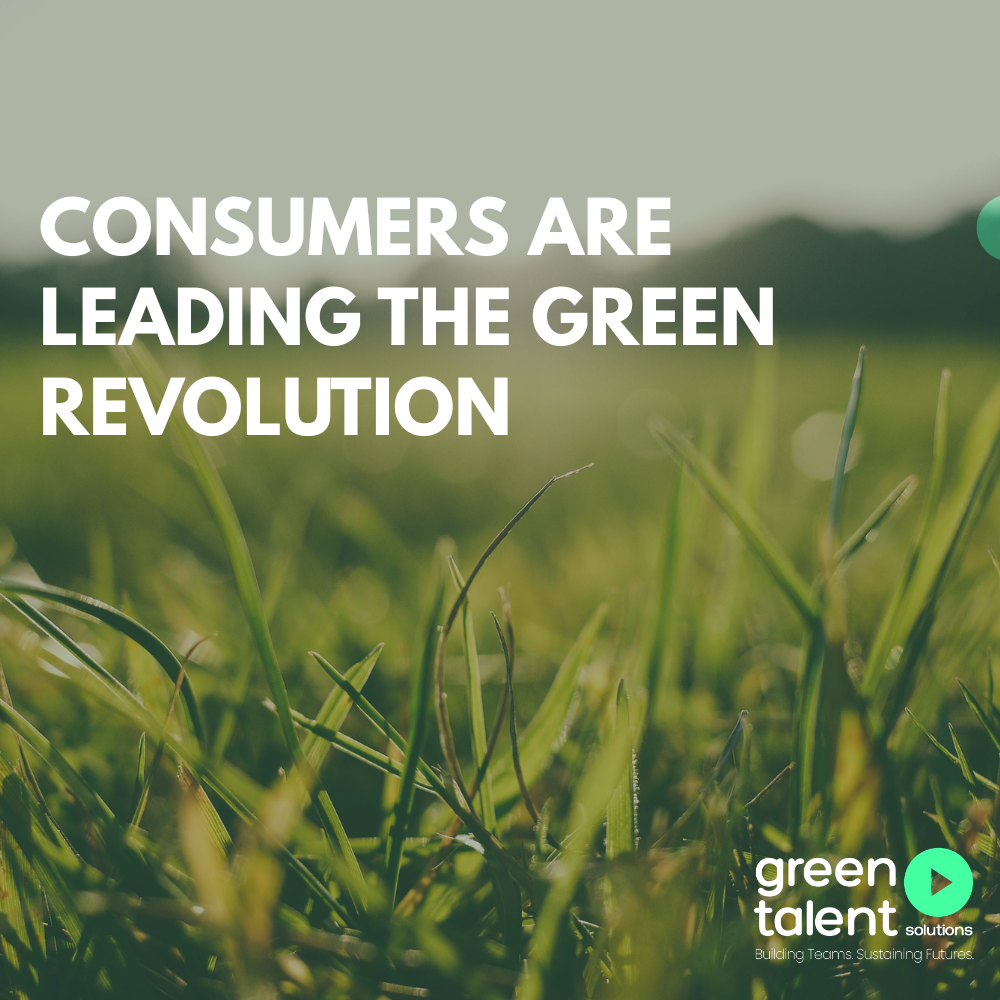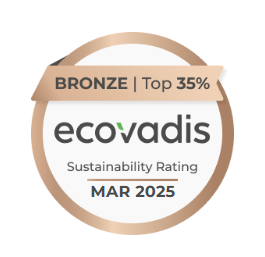Sustainable Data Practices & What New Data Professionals Should Know
As data becomes one of the world’s most valuable assets, it’s also becoming one of the most energy-hungry. From powering massive server farms to training AI models, the environmental cost of data is rising sharply, and so is the responsibility to do something about it.
For new professionals entering the field, understanding the environmental and ethical implications of data isn’t optional anymore. It’s central to being a responsible, future-focused data practitioner.
♻ What Does “Sustainable Data” Really Mean?
Sustainable data isn’t just about turning off unused servers or recycling devices. It’s a comprehensive approach that reduces environmental impact, strengthens data ethics, and ensures long-term societal value. Key principles include:
✅
Ethical data collection: Using data transparently, with consent and fairness.
✅
Energy-efficient infrastructure: Opting for green data centres, optimising queries, and building energy-conscious models.
✅
Data minimisation: Collecting and retaining only data that truly adds value, avoiding digital hoarding.
✅
Lifecycle management: Archiving, anonymising, or deleting data to cut storage footprints over time.
These practices don’t just help the planet; they also reduce costs, boost user trust, and keep organisations ahead of regulations like GDPR and the UK’s Environment Act.
🌍 Why Businesses and Professionals Need to Care Now
Sustainable data practices have moved from “nice to have” to business-critical. Regulators, investors, and consumers now expect companies to embed Environmental, Social, and Governance (ESG) principles, including how data is handled.
A recent Capgemini report found that over 60% of organisations now consider data infrastructure as part of their environmental impact. Major cloud providers like Microsoft, Google, and AWS have pledged carbon-neutral or carbon-negative targets, reshaping the industry’s landscape.
For early-career professionals, this shift means going beyond Python or SQL. It’s about digital responsibility: understanding how technical choices affect sustainability and bringing that mindset into team discussions and designs. Being able to connect data strategy to climate and social goals is becoming a real differentiator.
Tools and Approaches for Green Data Innovation
The good news? There are more tools and frameworks than ever to help embed sustainability into your data work:
Green algorithms: Tools like CodeCarbon track carbon footprints of machine learning models.
DataOps for sustainability: Automated pipelines that archive unused data and track resource consumption.
Cloud sustainability dashboards: Azure, AWS, and others show real-time carbon and energy metrics.
Responsible AI toolkits: Tools like IBM’s AI Fairness 360 ensure models are ethical, explainable, and efficient.
Training options are growing too: many bootcamps and universities now include modules on green IT, ethical data science, and climate tech, giving professionals a strong edge in an increasingly purpose-driven market.
🌿 Building a Data Career with Purpose
As every industry becom33333es more digital and more climate-conscious, sustainable data practices aren’t just good intentions, they’re fast becoming the norm.
For the next generation of data professionals, this means an opportunity to sit at the crossroads of two major transformations: digital and environmental. The data leaders of tomorrow won’t just create clever models; they’ll champion low-impact, high-value solutions, advocate for fairness, and act as trusted stewards of resources.
If you’re starting out, ask yourself: How can I help turn today’s data growth into tomorrow’s green advantage?
Those answers will shape not only your career, but the future of the digital economy.
🌱 Ready to build a data career with purpose?
The Nurture Programme partners with leading universities in data, AI, and IoT. Want to connect with fresh research and unencumbered minds? Reach out to Marie May to learn more!














